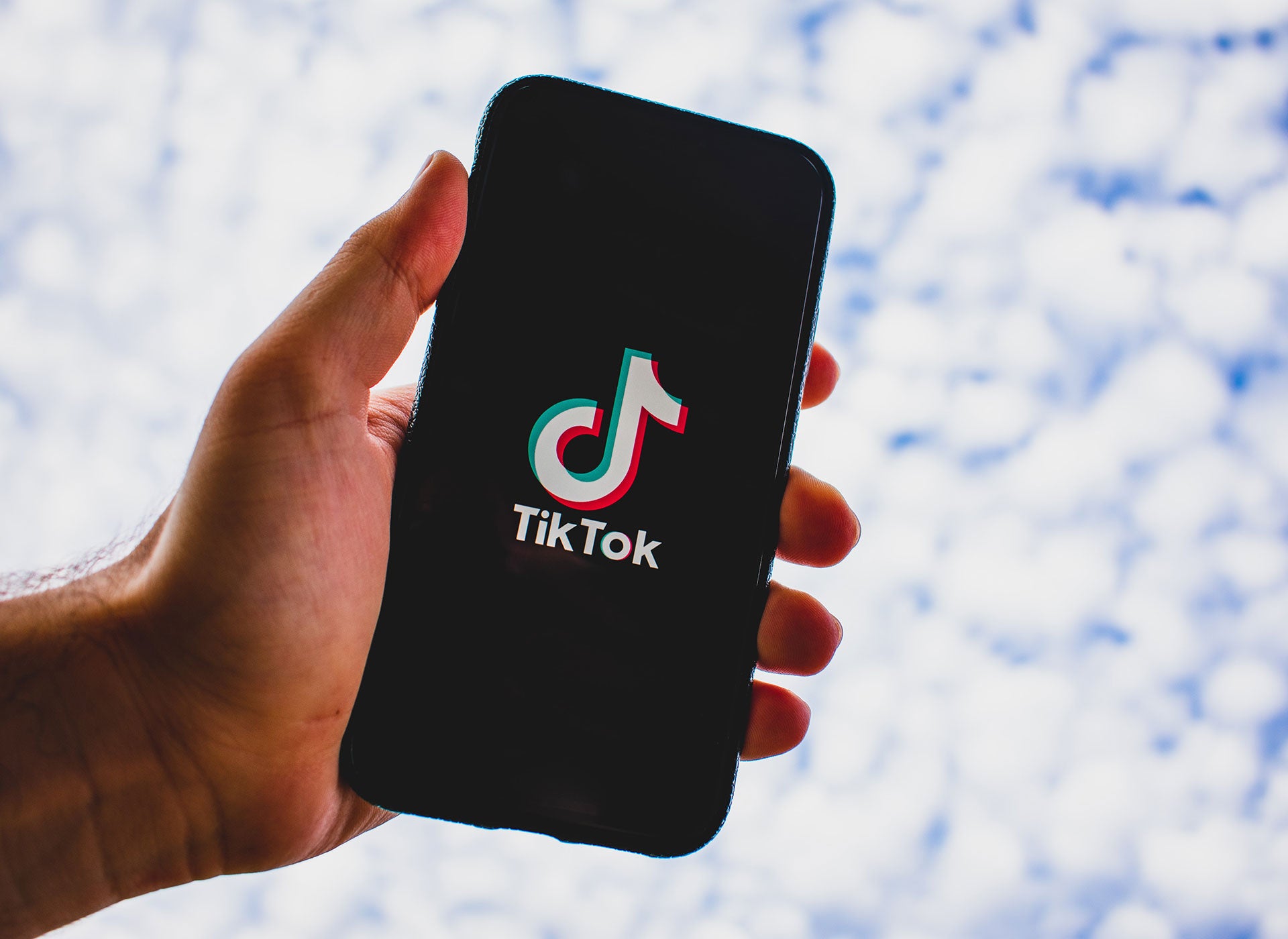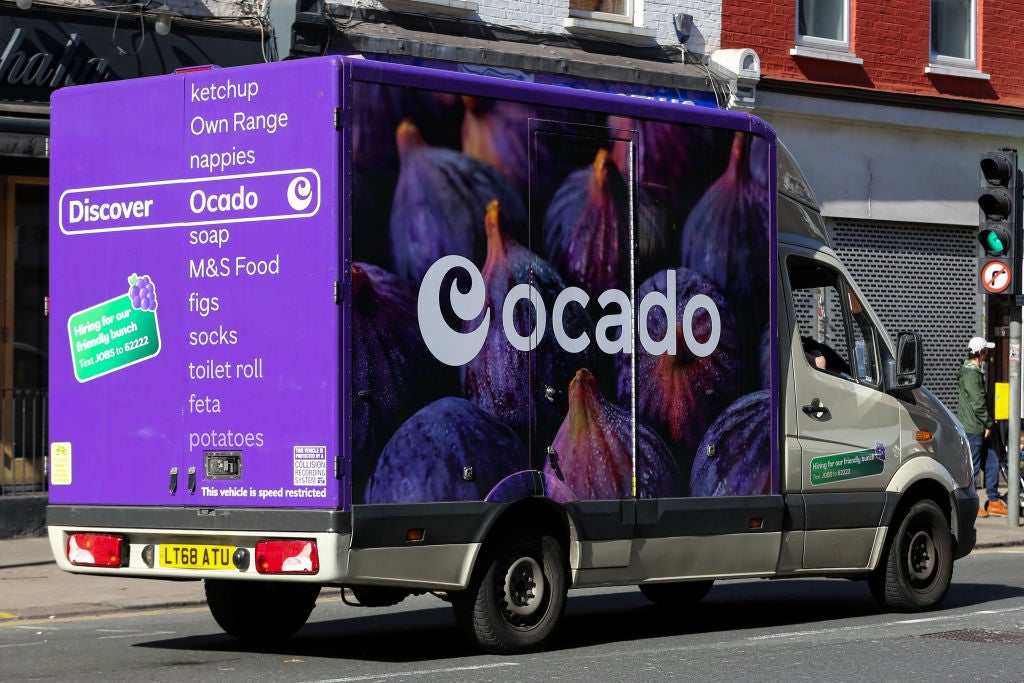Meta is changing the DNA of its empire to catch up to ByteDance’s TikTok, to a largely negative reception. It is not alone, with Alphabet also noting the threat posed to YouTube, Google Search, and Google Maps.
Despite longstanding data privacy concerns, TikTok’s Midas touch appears to be long-lasting. Energy company Shell is hiring a TikTok manager to oversee its TikTok advertising campaign aimed at improving its public image, and influencer marketing spend on TikTok is forecast to overtake Facebook and YouTube by 2024, leaving it second to only Instagram.
“Make Instagram Instagram Again”
In the latest attempt to emulate TikTok, Instagram has classed all videos under 15 minutes as ‘Reels’. Instagram launched Reels in 2020 after realizing that short-form vertical videos were now more likely to go viral than photos. Reels uploaded on a public account become part of the pool of content fed into users’ recommendation algorithms, enabling them to reach a far wider audience than just the uploader’s followers. Facebook, too, is borrowing features from TikTok, with the ‘Home’ tab recommending a constant feed of content to the user based on their viewing history.
Some businesses and content creators are supportive of Meta’s heavy Reels investment as videos are a better format than images for showcasing and demoing products and are more likely to reach a wider audience. However, many Instagram users, including ones as high profile as Kim Kardashian, are critical of the increase in public content that is now on their feed, rather than seeing posts exclusively from accounts that they follow. The criticism even spurred a Change.org petition to revert Instagram to its pre-TikTok functionality and has already prompted Meta to roll back and rethink some changes.
Zuckerberg’s logic is questionable. Users that want to browse short-form videos will go to TikTok to do so, meaning that there is little purpose for TikTok copycats. Instead of preserving its identity as the go-to photo-sharing app, Instagram is abandoning this to attempt to beat TikTok—and its highly informed and well-curated algorithm—at its own game.
Perhaps Meta should be focusing more on saving Facebook. Insider Intelligence has reported that TikTok is on track to overtake Facebook in influencer marketing spend by the end of 2022. It will then be behind YouTube and Instagram but is forecast to overtake YouTube by 2024. However, Instagram is far out in front and is on track to achieve nearly triple TikTok’s marketing spend in 2022. Zuckerberg should be doing more to salvage Facebook’s popularity and let Instagram continue on its successful course.
How well do you really know your competitors?
Access the most comprehensive Company Profiles on the market, powered by GlobalData. Save hours of research. Gain competitive edge.

Thank you!
Your download email will arrive shortly
Not ready to buy yet? Download a free sample
We are confident about the unique quality of our Company Profiles. However, we want you to make the most beneficial decision for your business, so we offer a free sample that you can download by submitting the below form
By GlobalDataGoogle is in the TikTok line of fire
Alphabet, Google’s parent, is also facing a multi-pronged threat from TikTok. Alphabet’s Q2 2022 earnings were weaker than expected, with YouTube generating disappointingly low revenue growth. YouTube, whose bread and butter is video content, is facing strong competition from TikTok. The latter’s rise in popularity is due in large part to its short-form videos, as opposed to the lengthier content usually found on YouTube. At a time when companies’ advertising budgets are constrained by growing inflationary and supply chain pressures, there’s a risk that YouTube may lose revenue to TikTok unless it can master the short-form format. All hope is not lost, though. YouTube’s ‘Shorts’ have already proved popular and are watched by over 1.5 billion logged-in users monthly.
TikTok is also infringing on Google’s territory, particularly Google Search and Google Maps. Google’s own studies on US users aged 18 to 24 reveal that almost 40% of young people start their searches on TikTok or Instagram rather than on Google’s platform, for example when looking for a restaurant for dinner. This is because of a change in how users want to engage with information online. There is a desire to discover content—rather than knowledge—about a venue, experience, or location. Social media offers a more immersive and entertaining user journey for tasks such as deciding where to eat.
Many people still end up on Google Maps when it is time to navigate to a venue but use social media to find the right location in the first place. Indeed, Google recognizes this trend and has increasingly infused augmented reality into Maps for an added level of interactivity. The TikTok formula has a lot to offer social media users, content creators, businesses, and Big Tech. But companies should pick their battles wisely or risk critique and bad repute for blowing themselves up to contend with a competitor in another race.








Related Company Profiles
Shell plc
Alphabet Inc